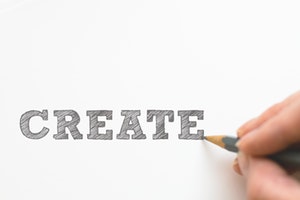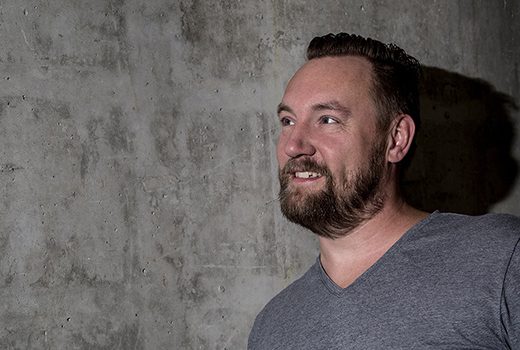I’m often asked about creativity, and my approach to nurturing it in the organisation I run. I guess it’s largely down to the approach that OMNIA takes as a business – in any given situation, we are constantly looking at how we can contribute to it creatively. When we speak to someone who wants to work with us, or who needs our help to solve a particular problem, our approach is always to try and think differently, and to challenge the accepted ways of doing things. It’s the only way I know, and it’s been at the heart of my approach for most of my professional life. So, what are the things that, in my experience, creative minds have in common – those traits that we could all try and focus on if we want to take a fresh look at old problems?
1. They get up early
As anyone who has kids will testify, you get more done if you get up early. But being an early riser isn’t just about getting more done – it’s also about the quality and distinctiveness of the work that you produce as a result of having a fresher mind. The early morning is actually a fantastic time to be creative – you’re generally alone, and it is the perfect opportunity to get your day off on the right foot. The other great thing about getting up early is the knock-on effect it has at the other end of the day. Rather than sitting staring at Facebook updates on your phone at midnight you’ll find that you’re tired by 9 – in a good way. You’ll have had a long, productive and creative day – and you’ll get a better night’s sleep for it. It’s hard at first, but stick at it – just as with exercise, going to bed early and getting up early is a habit you need to build.
2. They take risks
Of course, there are varying degrees of risk-taking, both physical and creatively. Clearly the key here is that the best creative solutions usually come out of someone saying or doing something that no one else has dared to think of before. Whether it’s taking the bag out of a design for a vacuum cleaner or imagining how networks of high altitude balloons could provide internet for remote areas, these are all ideas that involve risk. There’s the risk of being laughed at, the risk of losing your status among your peers. There’s the risk of losing your company money, and ultimately, of losing your job. These are all fears that play on the mind, and suppress creativity – so I’ve always tried to create an environment at OMNIA in which people feel they can express themselves without fear.
3. They go for walks
Or they run, or swim, or do yoga. I’ve always found that being healthy physically means that you are also fitter mentally – meaning that you are able to apply yourself better to any creative problem for a sustained period. But exercise is also an opportunity to think in itself – some time out away from being sat behind a desk, and a chance to reinvigorate both body and mind.
4.They are open-minded
Mindfulness is everywhere at the moment – and everyone seems to be taking up some sort of meditation practice, from Oprah to Russell Brand. But developing mindfulness in itself may not actually be the best approach for a creative mind – while this kind of meditation has been proven to have many benefits, such as being able to concentrate on a task, it may be that meditation techniques that encourage a more open awareness and that allow the mind to wander could work a lot better for you as a creative person. I really believe that the mind is a muscle that can be trained – not just to focus, but also to think more imaginatively.
5. They play
We forget so quickly how to play. As children, it comes to us naturally – taking on different personalities, telling stories, creating new realities. This ability to imagine how other people might think, how the world could be different and better, is absolutely fundamental to creativity, and I’ve always tried to encourage a sense of fun – and yes, play – in the places I work.
When we play, we imagine new, daring solutions, and we forget to worry too much about whether they will work out or not.
That, for me, is the key to creativity.









